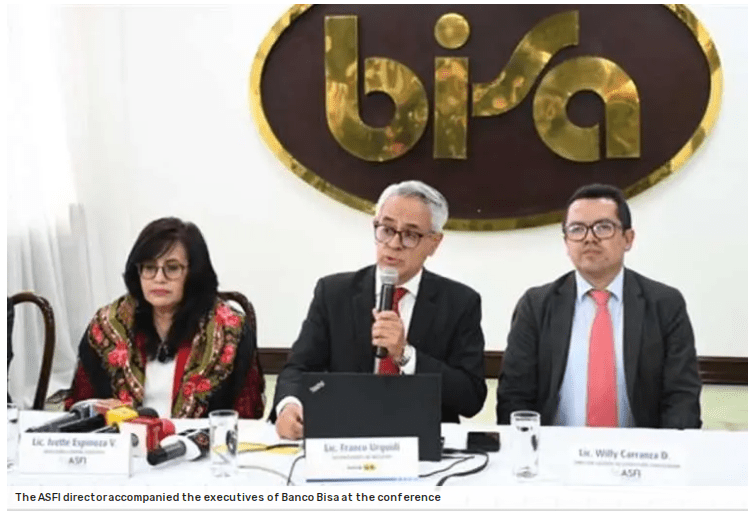A country in South America is on its way to becoming the region's crypto champion.
Bolivians have an opportunity to invest in the digital currency after one of Bolivia's leading financial institutions introduced a dedicated custody service for Tether's stablecoin, USDT.
Bolivia adopts cryptocurrency
Bolivia is a country known for its diverse culture and is the newest state in South America to adopt cryptocurrencies.
Banco Bisa, one of the largest banks, recently opened a dedicated storage facility for Tether. This marked the entry of cryptocurrencies into the country's financial sector. It became the third neighboring country to adopt digital assets after Brazil and Argentina.
Bolivia's Banco Bisa launches custody service for major banks #stablecoin $USDT.
Clients can buy, sell and transfer coins. https://t.co/RCGZs4MQpo
— Fintech Portal (@fintech_portal) October 28, 2024
The custody service will allow Bolivians to trade USDT, and the bank's customers will be able to buy, dispose of, and hold the digital currency in a safe and regulated environment.
Franco Urquidi, vice president of Banco Bisa, revealed that the bank's latest offering focuses on security to provide customers with a safe environment to conduct cryptocurrency transactions.
Urquidi explained that all transactions must take place and be completed within a bank account, stressing that this measure ensures control and oversight.
He added that Banco Bisa runs a rigorous verification process for its customers.

Image: Eldeber.com
Government supports new services
Bolivia's financial regulator, Autoridad de Supervision del Sistema Financiero (ASFI), has supported Banco Bisa's provision of crypto custody services.
Yvette Espinoza, President of ASFI, said that this new service will give Bolivian citizens the opportunity to invest in the cryptocurrency market while complying with financial regulations put in place to reduce risks associated with cryptocurrencies. He explained that it would be of great benefit to the
Recall that Bolivia banned the use of cryptocurrencies in 2014. Authorities prohibited Bolivians from using currencies not regulated by the state.
Ten years later, state authorities had a change of heart and decided to lift the ban in order to allow Bolivians to use cryptocurrencies in the same way that they have become popular worldwide.
Bolivia's state-run central bank defended the change in position, saying the country wanted to align with Latin American crypto regulations and boost the economy by allowing new forms of investment.
Bangko Sentral joins the bandwagon
In addition to Bolivia, demand for cryptocurrencies is also increasing in other parts of South America.
Statistics show that the number of cryptocurrency users in the region grew by 16% in 2020, up from just 6% in 2017, indicating that digital assets are gaining a foothold in South America.
For example, El Salvador, another South American country, recently decided to make Bitcoin its official national currency to boost its financial industry.
Featured images are from Atlas21, charts are from TradingView

